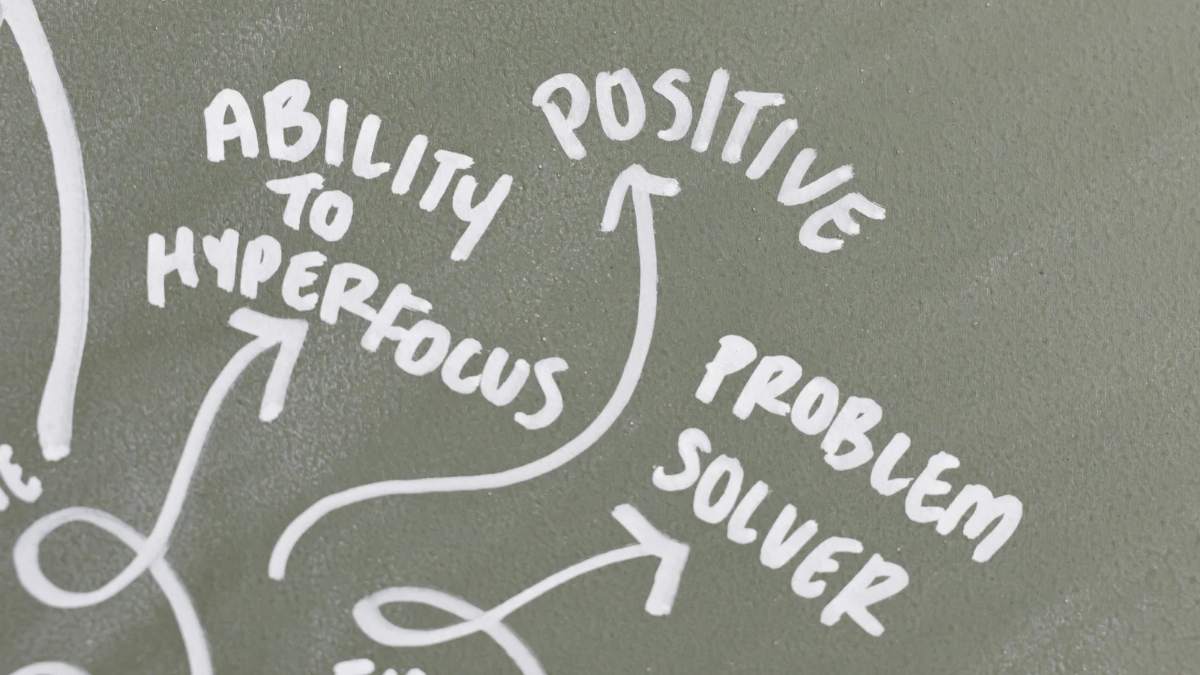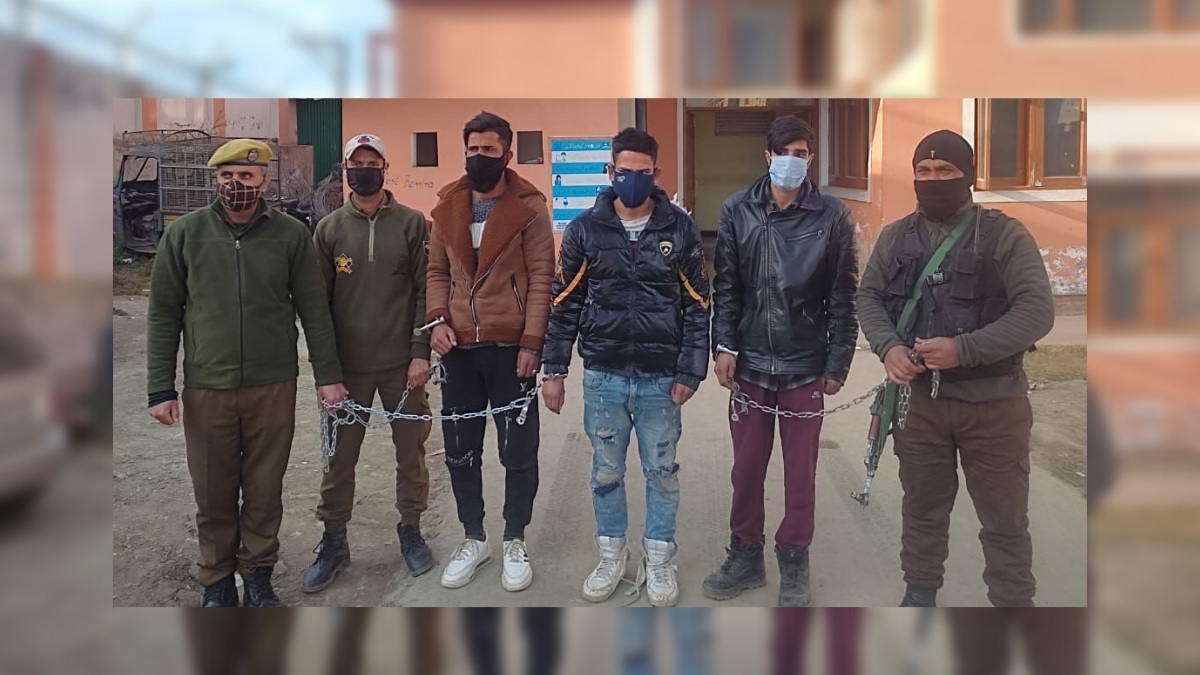The Kashmir Valley grapples with a higher prevalence of mental health issues compared to the global average, a situation attributed to various factors including conflict, climatic conditions, and economic challenges, according to the doctors who spoke to the news agency—KNO.
Also Read: ARTO Baramulla suspends 11 DL’s, 17 violators issued show cause notice
Despite these challenges, approximately 85 percent of the population maintains a healthy lifestyle, said Dr Mansoor Ahmad, Head of Psychiatry at GMC Anantnag.
He emphasised the moral responsibility of the community in recognising the signs of mental distress, particularly suicidal thoughts, and extending positive support networks. He also highlighted the alarming rise in drug abuse, especially among the youth, urging immediate action to prevent the ruinous impact on lives and careers.
“Drug abuse is becoming a serious issue of social concern during current times,” Dr Mansoor said, adding, “The menace is ruining the lives and careers of our youth and it is high time to act now.”
Dr Zoya Mir, a renowned clinical psychologist, shed light on the pressing mental health concerns among adolescents and young adults in the region. She said the COVID-19 pandemic worsened existing psychological issues, leading to problems like academic decline, social isolation, anxiety, depression, and substance abuse.
“Other than the COVID-19 lockdown, financial stressors, family disputes, and academic pressure are among the factors that contribute to mental health issues in Kashmir,” she said.
She stressed the importance of recognising mental health issues as legitimate health concerns and called for timely interventions and appropriate treatments.
To address these challenges, Dr Zoya suggested engaging in physical activities to boost mood, seeking help from mental health professionals when needed, and avoiding negative coping mechanisms such as smoking and self-harm. She also emphasized the significance of setting emotional and occupational boundaries to prevent overwhelming oneself with work or emotional burdens.
Dr Javaid Ahmad, a psychiatrist at District Hospital Shopian, highlighted the prevalence of mental health disorders, including depression, anxiety, and bipolar disorders, during these challenging times. He stressed the need for joint efforts to combat the stigma associated with mental disorders, enhance awareness, and encourage timely treatment-seeking behaviour.
“Mental health illnesses are provocative factors responsible for multiple social and behavioural problems including development of suicidal thoughts, while drug addiction is one of the major concerning social menaces that need an effective redressal,” he said.
The doctors underscored the importance of creating supportive living conditions and environments that facilitate healthy lifestyles. They identified early childhood interventions, including preschool psychosocial activities and nutritional support, as essential strategies to promote child development and build a foundation for a healthy community.
The mental health experts stressed the need for strengthening mental health treatment at the primary healthcare level, along with easily accessible diagnostic tests and affordable treatments. They called for a compassionate approach towards individuals struggling with drug addiction, urging comprehensive steps for redressal.
There is a need to adopt a soft and caring approach towards drug addicts, understand their concerns, elucidate the reasons and accordingly take comprehensive steps for redressal, they said.
The doctors also acknowledged the impact of rural-to-urban migration, urbanisation stressors, and climate change-related displacements on mental health. They identified the economic and social vulnerabilities as factors that could heighten the risk of depression, anxiety, and substance abuse among communities.
“To address these multifaceted challenges, a collective and compassionate approach is imperative. By fostering awareness, reducing stigma, enhancing mental health infrastructure, and providing support networks, the Kashmir Valley can pave the way towards a healthier, mentally resilient society,” said a psychologist.















